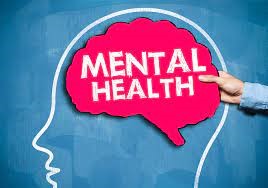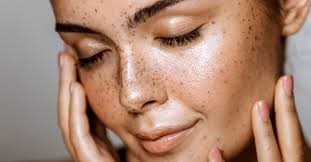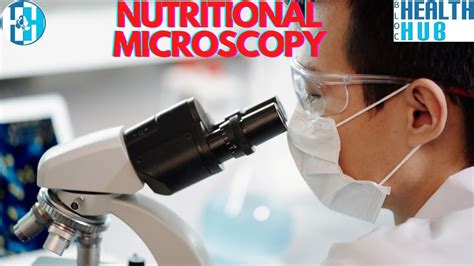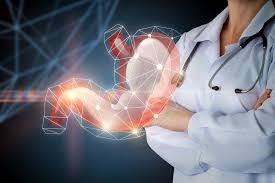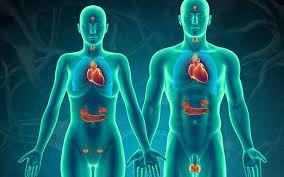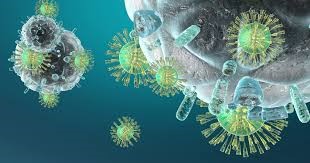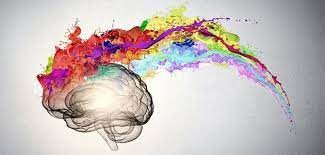With the Moodle app, you can learn wherever you are, whenever you want, with these app features:
- Easily access course content - browse the content of your courses, even when offline
- Connect with course participants - quickly find and contact other people in your courses
- Keep up to date - receive instant notifications of messages and other events, such as assignment submissions
- Submit assignments - Upload images, audio, videos and other files from your mobile device
- Track your progress - View your grades, check completion progress in courses and browse your learning plans
- Complete activities anywhere, anytime - attempt quizzes, post in forums, play SCORM packages, edit wiki pages and more - both on and off-line and more!
Download the Moodle App on your mobile phone now:
https://download.moodle.org/mobile

 An online forum is also known as a message board, online discussion group, bulletin board or web forum. It differs from a blog. An online forum is a discussion area whereby members can post discussions and read and respond to posts by other forum members. A forum can revolve around any subject in an online community.
An online forum is also known as a message board, online discussion group, bulletin board or web forum. It differs from a blog. An online forum is a discussion area whereby members can post discussions and read and respond to posts by other forum members. A forum can revolve around any subject in an online community.




 This course will open up the world to nutritional microscopy so that you can analyze your patient’s blood to determine nutritional deficiencies, the status of the immune system and more.
This course will open up the world to nutritional microscopy so that you can analyze your patient’s blood to determine nutritional deficiencies, the status of the immune system and more. 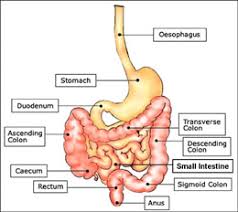 This course covers specific natural clinical protocols used in treating the following conditions:
This course covers specific natural clinical protocols used in treating the following conditions: Often sexual issues come up with clients and the Holistic practitioner should be in a position to handle the most basic of these such as erectile problems, premature ejaculation, sexual desire disorder in both gender, vaginismus and orgasmic dysfunction. This Naturopathic Sexology online course is truly unique and never before taught as the author Dr. Georgiou has coined the term ‘Naturopathic Sexology’ as a unique science. As a practicing Clinical Sexologist, Clinical Psychologist and a Doctor of Science in Alternative Medicine he combines these modalities to provide a powerful tool in the diagnosis and treatment of sexual dysfunctions using a Holistic Approach.
Often sexual issues come up with clients and the Holistic practitioner should be in a position to handle the most basic of these such as erectile problems, premature ejaculation, sexual desire disorder in both gender, vaginismus and orgasmic dysfunction. This Naturopathic Sexology online course is truly unique and never before taught as the author Dr. Georgiou has coined the term ‘Naturopathic Sexology’ as a unique science. As a practicing Clinical Sexologist, Clinical Psychologist and a Doctor of Science in Alternative Medicine he combines these modalities to provide a powerful tool in the diagnosis and treatment of sexual dysfunctions using a Holistic Approach.



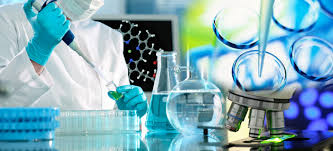 Medical laboratory scientists are trained to work in clinical chemistry, hematology, immunohematology, immunology and microbiology, with various sub-specialties in each of these major areas.
Medical laboratory scientists are trained to work in clinical chemistry, hematology, immunohematology, immunology and microbiology, with various sub-specialties in each of these major areas.  The Pathology for Natural Medicine course is designed to enable students and practitioners of Holistic Medicine to understand the basic principles by which orthodox medicine operates.
The Pathology for Natural Medicine course is designed to enable students and practitioners of Holistic Medicine to understand the basic principles by which orthodox medicine operates. 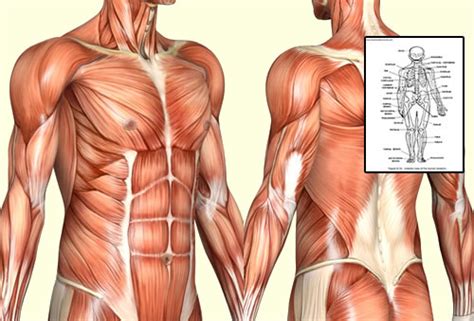

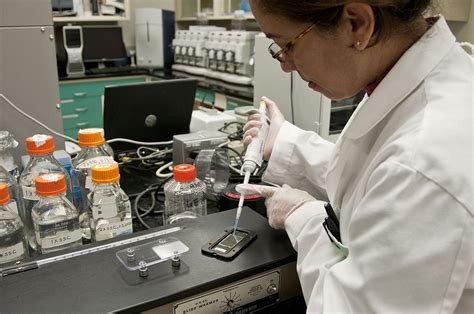
 Toxicology is a discipline, overlapping with biology, chemistry, pharmacology, and medicine, that involves the study of the adverse effects of chemical substances on living organisms and the practice of diagnosing and treating exposures to toxins and toxicants.
Toxicology is a discipline, overlapping with biology, chemistry, pharmacology, and medicine, that involves the study of the adverse effects of chemical substances on living organisms and the practice of diagnosing and treating exposures to toxins and toxicants.
 The term, Emunctorology comes from the Latin emungere = to wipe clean (mungere = to wipe). emunctory relates to a body organ having an excretory function. It follows, that emunctorology is the science of the excretory functions of the body.
The term, Emunctorology comes from the Latin emungere = to wipe clean (mungere = to wipe). emunctory relates to a body organ having an excretory function. It follows, that emunctorology is the science of the excretory functions of the body. Molecular biology is the study of biology at the molecular level. The field overlaps with other areas of biology and chemistry, particularly genetics and biochemistry. ...Molecular and cellular biology are interrelated, since most of the properties and functions of a cell can be described at the molecular level.
Molecular biology is the study of biology at the molecular level. The field overlaps with other areas of biology and chemistry, particularly genetics and biochemistry. ...Molecular and cellular biology are interrelated, since most of the properties and functions of a cell can be described at the molecular level. Biochemistry is the study of the chemical substances and vital processes occurring in living organisms. ... The study of the chemistry behind biological processes and the synthesis of biologically active molecules are examples of biochemistry.
Biochemistry is the study of the chemical substances and vital processes occurring in living organisms. ... The study of the chemistry behind biological processes and the synthesis of biologically active molecules are examples of biochemistry. Clinical nutrition is nutrition of patients in health care. Clinical in this sense refers to the management of patients, including not only outpatients at clinics, but also inpatients in hospitals.
Clinical nutrition is nutrition of patients in health care. Clinical in this sense refers to the management of patients, including not only outpatients at clinics, but also inpatients in hospitals. 
 Pharmacology is the study of substances that interact with living systems through chemical processes, especially by binding to regulatory molecules and activating or inhibiting normal body processes.
Pharmacology is the study of substances that interact with living systems through chemical processes, especially by binding to regulatory molecules and activating or inhibiting normal body processes.








 This course on the Naturopathic Treatments of Diabetes takes the student through the demographics of diabetes, the different types of diabetes, the symptoms, the risk factors, the medical diagnosis and treatments and the naturopathic treatments too.
This course on the Naturopathic Treatments of Diabetes takes the student through the demographics of diabetes, the different types of diabetes, the symptoms, the risk factors, the medical diagnosis and treatments and the naturopathic treatments too. This course focuses on communication skills, eliciting the patient’s history, performing a physical exam, and communicating their findings to healthcare professionals through oral presentations and written notes.
This course focuses on communication skills, eliciting the patient’s history, performing a physical exam, and communicating their findings to healthcare professionals through oral presentations and written notes. 


















